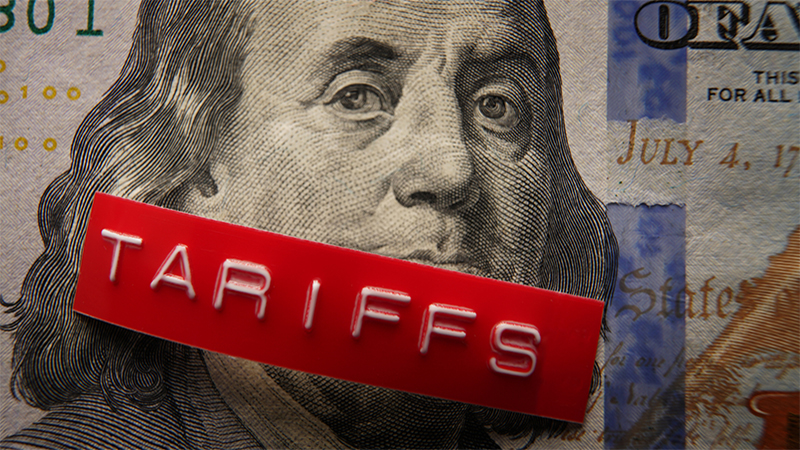The Virgin UK Tracker charges an ongoing fee of 1%, the most expensive of its kind on offer. In contrast, the Aberdeen UK All Share Tracker has a 0.22% fee on its oldest share class, but is available for as low as nine basis points on some UK platforms.
Despite the extortionate fees, the Virgin fund, which tracks the FTSE All Share index, holds £2.7bn and accounts for 73% of the £3.7bn AUM Aberdeen Standard will run on behalf of the bank under its joint venture announced this week.
In contrast, the Aberdeen fund’s assets total £1.5bn despite tracking the same index at up to a tenth of the price.
Aberdeen Standard Investment did not comment on whether it would slash fees on the Virgin product.
However, a spokesperson said the joint venture provides a “significant opportunity to transform the Virgin Money retail investment offering”.
Morningstar analysis shows the Virgin fund has under performed the Aberdeen tracker by a cumulative 7% over the last eight years.
Morningstar head of UK manager research Jonathan Miller said the Virgin UK Tracker “clearly needs to have its ongoing fees slashed”.
“You scratch your head and you wonder why investors are paying 1% for the luxury of passive investing,” Miller told Portfolio Adviser.
“It’s captive money, people have Virgin accounts and they have these investment options. By hook or crook it’s taken in £2.7bn of investors’ money.”
He described the Aberdeen fund costs on platform as “ultra competitive”.
“If both those funds track as effectively as each other the underlying index that’s a 90 basis point hurdle in perpetuity if they stay invested forever. That’s a real dent in an investor’s savings pot.”
Shareholders versus clients
Miller questioned whether Aberdeen Standard Life had justified the joint venture based on a 1% fee on three quarters of assets or if it had modeled the deal based on a reduced fee.
It remains to be seen whether the joint venture will deliver the best outcome for investors, Miller said, although he noted the joint venture brings the benefits of scale and a broader product range.
Miller noted asset manager mergers often see economies of scale passed on to shareholders rather than fund investors, but the joint venture represented an opportunity for Aberdeen Standard Investments to buck that trend.
“We’ve got something to go by because Aberdeen has a tracker that’s available on some platforms for as little as nine basis points. Are you going to stick to the 1% fund or are you going to say to investors you’ve got a nine basis point fund that is actually better for them. ”
He said Aberdeen Standard Investments could merge the two funds or change the fee structure on the Virgin Money product. “It depends if through the Virgin network they want to distribute Virgin-branded funds.”
Generally, banks tend to have sub-par performance outcomes, Miller said. “In many cases there’s no real specialised asset management unit. The asset management unit is there to ensure that savings from the customers are invested in-house and it keeps the management fees.”
“We are hopeful that the benefits of scale and broader product range the joint venture brings ultimately generates a more positive outcome for end investors.”










